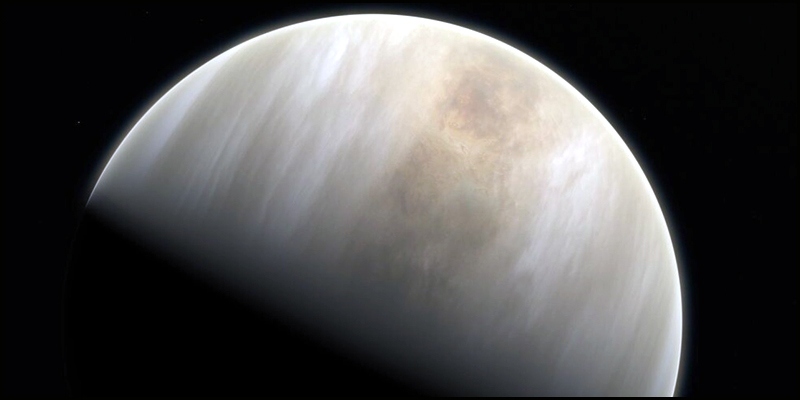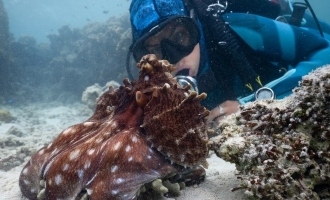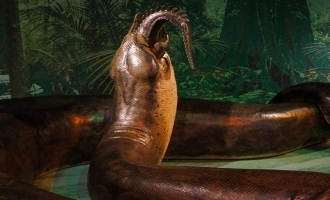Possible signs of alien life detected on Venus


Send us your feedback to audioarticles@vaarta.com



Owing to its close proximity to Earth, Venus is considered to be the brightest planet in the night sky. The detection of a pungent, flammable gas called 'phosphine' drifting through the acidic clouds of Venus has led astronomers on Earth to conclude that the sign might indicate potential life outside our planet.
The possibility of such an event, however, is highly unlikely, as Venus has surface temperatures ranging around 460 degrees Celsius and the pressure at the surface is believed to be up to 100 times greater than what is found on Earth. Aside from the inhospitable atmospheric conditions, the clouds on the planet contain droplets of 90% sulphuric acid while the air is over 96% carbon dioxide. However, based on the scientists' understanding of the planet, phosphine, which is usually produced by microorganisms in oxygen-starved environments on Earth, is not expected to be generated on Venus. Although the phosphine may come from an unknown new source, the most plausible explanation the scientists could currently arrive at is that the presence of the toxic gas may be a sign of some form of life. Apart from Earth, phosphine has only been detected in two other planets - Jupiter and Saturn - so far. The enormous pressures deep within those planets' atmospheres, that aren't known to exist anywhere else in the solar system, utilise hydrogen to create phosphine. Harvard's molecular astrophysicist and study co-author Clara Sousa-Silva said, "With what we currently know of Venus, the most plausible explanation for phosphine, as fantastical as it might sound, is life."
"I should emphasize that life, as an explanation for our discovery, should be, as always, the last resort. This is important because, if it is phosphine, and if it is life, it means that we are not alone. It also means that life itself must be very common, and there must be many other inhabited planets throughout our galaxy. I can only speculate on what life might survive on Venus, if indeed it is there. No life would be able to survive on the surface of Venus, because it is completely inhospitable, even for biochemistries completely different from ours. But a long time ago, Venus could have had life on its surface, before a runaway greenhouse effect left the majority of the planet completely uninhabitable. We have done our very best to explain this discovery without the need for a biological process. With our current knowledge of phosphine, and Venus, and geochemistry, we cannot explain the presence of phosphine in the clouds of Venus. That doesn't mean it is life. It just means that some exotic process is producing phosphine, and our understanding of Venus needs work," Sousa-Silva added.
The possibility of the production of phosphine due to any chemical processes has been ruled out, and researchers also believe that meteorites, lightning, and volcanoes would all create too little of the toxic gas. Paul Rimmer, an astrochemist on the team at the University of Cambridge, reportedly said, "The rates of production are so small, and the rates of destruction great enough, that you'd have 1000 times too little (compared to the amount of gas that has been detected)." In order to get further information regarding the discovery, a spacecraft would apparently have to be sent out to study the atmosphere directly. "If we want to confirm life in the clouds of Venus then what we really need to do is send a spacecraft to study the atmosphere in detail. If life formed independently on Venus, then life is probably a lot more common than we thought," another scientist said. A researcher has also mentioned that if the presence of life is indeed confirmed on Venus, the next thing they would want to do is to check if we are related in any way. "Does it use DNA, proteins that are the same as us – or is it fundamentally alien?" Professor Dartnell questioned.
Follow us on Google News and stay updated with the latest!




 Follow
Follow



























































